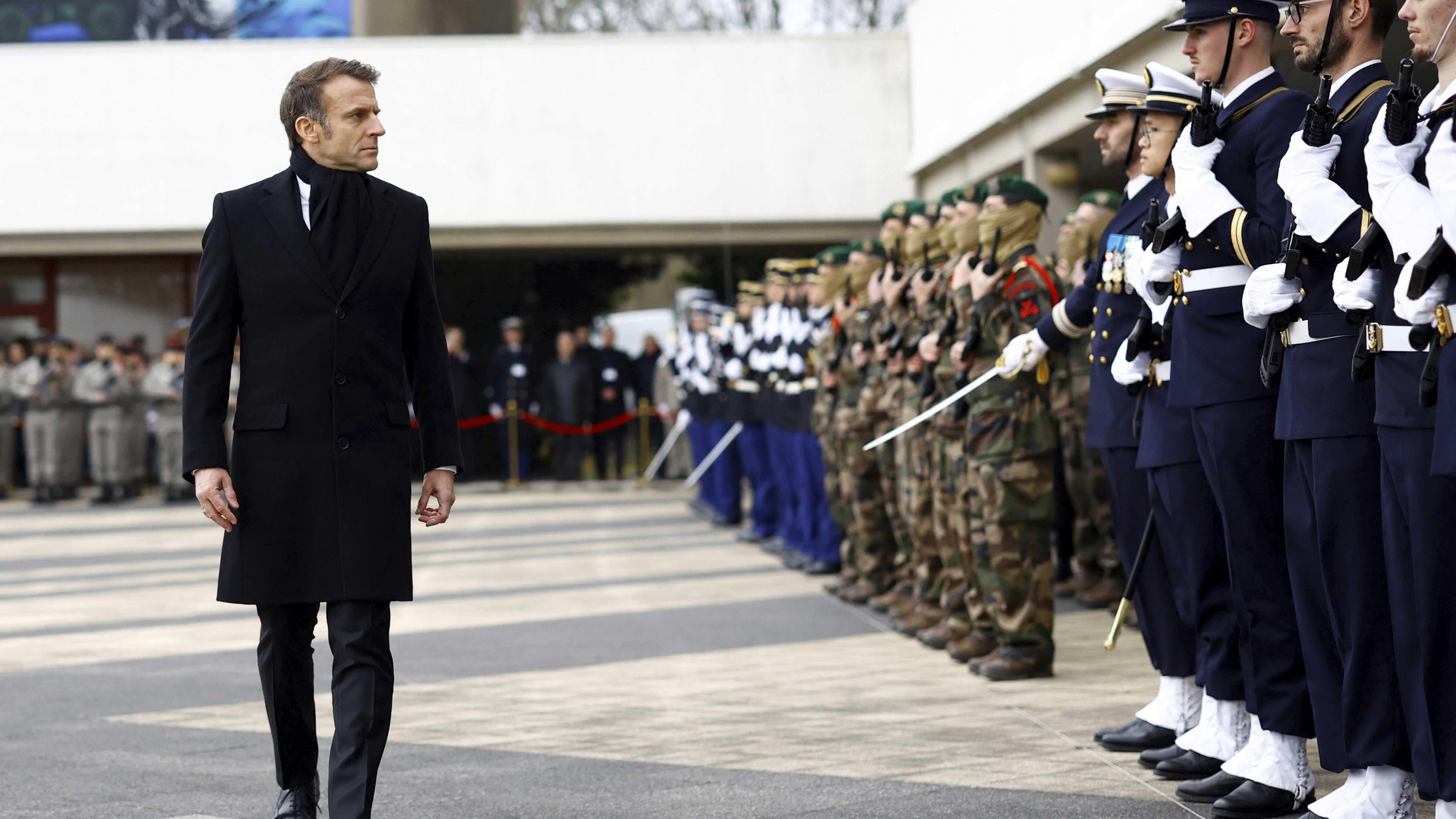Why did Aziz Sancar dedicate his Nobel Prize to Atatürk?
Aziz Sancar is a Turkish-American scientist who on Dec. 10 received the 2015 Nobel Prize in Chemistry, shared with two other chemists. He was awarded for his work on human DNA.
Sancar is the second person from Turkey to receive a Nobel Prize after Orhan Pamuk’s literary award in 2006. He received his award at a ceremony in Stockholm, after an orchestra played a rendition of Mozart’s “Turkish March.”
Speaking to the media, Sancar said he had been able to win the prize was thanks to Mustafa Kemal Atatürk, the founder of the Turkish Republic. He also said he was going to present the award at Anıtkabir, the Mausoleum of Atatürk in Ankara, on May 19, which is the anniversary of Atatürk initiating the war of independence in 1919 and is marked every year in Turkey as “Youth and Sports Day.”
Coming from a low-income family in the town of Savur in Mardin, a province on the border with Syria where Kurdish and Arabic-origin Turkish citizens live side by side, Sancar made his way up in the world of science first in Turkey and then in the U.S., where he found greater academic freedoms and opportunities. One of his older brothers is a retired general, while his cousin is a member of parliament from the Kurdish problem-focused Peoples’ Democratic Party (HDP).
When asked whether his family is of Arabic origin, Sancar has been uncomfortable, saying “I’m a Turk and that’s it.” His words recall Atatürk’s “melting pot Turkey” motto from the 1920s: “Happy is the one calling himself a Turk.”
Indeed, Sancar is a scientist with strong political opinions and actually his dedication of the award to Atatürk and vow to present it at the museum in Atatürk’s Mausoleum is a strong statement in favor of Turkey’s secular qualities. It is not likely to make all members of the ruling Justice and Development Party (AK Parti) happy, despite President Tayyip Erdoğan’s congratulatory message inviting him to Turkey.
Turkey’s secular side, which has been reflected in many fields over the years from education to foreign policy, has increasingly come into question in recent years. By coincidence or not, the issue actually came up in a CNN interview with a Tunisian Dialogue Quartet member who shared the 2015 Nobel Peace Prize. The Nobel Committee said the quartet of trade unionist Hassine Abassi, lawyer Mohamed Fadhel Mahfoudh, human rights activist Abdessatar Ben Moussa and business representative Ouided Bouchamaoui, had set an example in bringing different sides together and showing that Islamist and secular groups “can negotiate with one another to reach solutions in the country’s best interests.”
Being a Muslim country with a secular democracy (and a free economy) used to be something that the Turkish Republic was proud of and praised for. U.S. President Barack Obama’s speech in the Turkish parliament in April 2009, during his first overseas stop after being elected president, had emphasized those qualities in order to present Turkey as an example for other Muslim countries. However, ever since the Arab Spring broke out at the end of 2010 in Tunisia, Turkey has been gradually dragged into the turmoil in the Middle East, first in Libya, then in Egypt, and finally in Syria. The issues now affecting Turkey and the region not only have political, but also sectarian dimensions.
During the CNN interview, Abbasi said Turkey was partly responsible for the turmoil in the Middle East, claiming that “everybody knew” Turkey and Qatar supported the Islamic State of Iraq and the Levant (ISIL).
The CNN moderator did not allow further claims, saying simply that both countries rejected those allegations.
Both Turkey and Qatar are actually members of the U.S.-led coalition against ISIL, and ISIL has been on Turkey’s terrorist blacklist since September 2013. But politics has more to do with perceptions than actual realities. If this is the perception of today’s Turkey in the secular Muslim world and also in the West, then it is a pity. It is also the exact opposite of the perception of modern Turkey founded by Atatürk that had persisted until just a few years ago. Probably it was such a growing perception that led Sancar to dedicate his Nobel Prize to Atatürk on Dec. 11.











